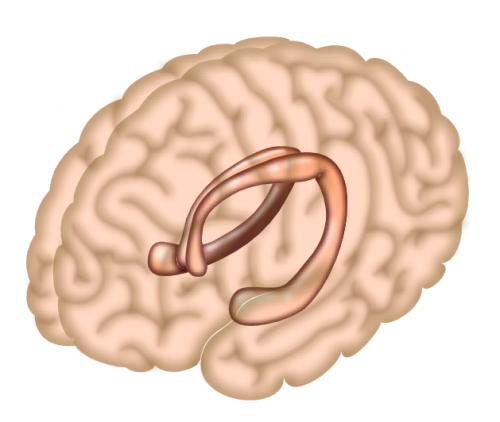
A team of researchers from Australia, the U.S. and the U.K. has found that eating junk food can alter the ability of the hippocampus to constrain junk food intake. In their paper published in the journal Royal Society Open Science, the group describes experiments they conducted with volunteers and their eating habits, and what they learned from them.
Most of the western world has learned of the dangers of eating junk food—it leads to overeating, obesity and a host of health problems. But scientists are still trying to figure out why people have such a difficult time stopping themselves from eating junk food. In this new effort, the researchers enlisted 110 volunteers in their early 20s who had a history of healthy eating to learn what happens to the body after one week of junk food consumption.
Half of the volunteers ate as they normally did for a week; the other half ate junk food—specifically, meals high in fat, carbs and sugar. After the week was over, all of the volunteers were invited to eat breakfast together in a lab setting. Each of the volunteers was given a memory test before and after eating, along with a survey that queried them on how much they enjoyed eating the food they had been consuming over the course of the study week.
Source: Read Full Article
